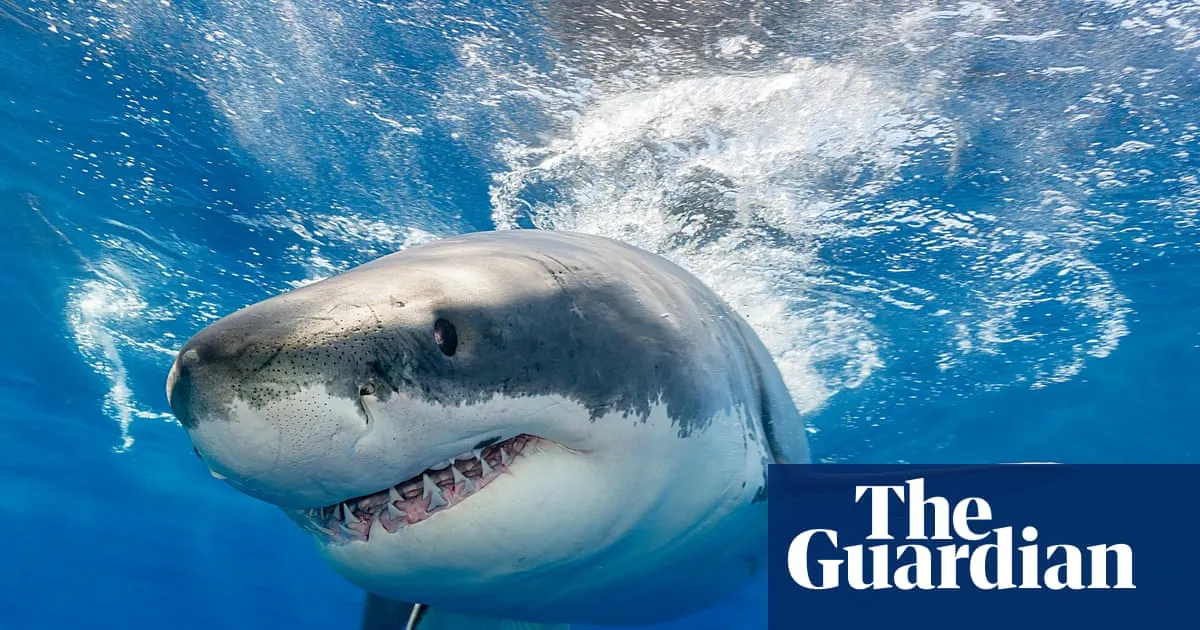
Sharks without teeth might seem like an absurd concept, particularly for swimmers and surfers who often admire these apex predators from afar. However, a recent study reveals that ocean acidification poses a significant risk to the dental health of sharks, potentially leaving them without their essential survival tool: their teeth. Shark jaws are equipped with multiple rows of teeth that are continuously replaced as they wear down or fall out. Unfortunately, the rapidly acidifying oceans are harming shark teeth, leading to losses that may outpace their natural replacement rates.
Sharks with compromised dental health may struggle to feed efficiently, which could have serious implications for both shark populations and the overall stability of marine ecosystems. The study highlights how this detrimental effect of ocean acidification could ripple through the food chain, affecting various marine species that rely on sharks for ecological balance.
Ocean acidification occurs when the ocean absorbs excess carbon dioxide, leading to a chain reaction that lowers the water's pH levels. Current projections suggest that by the year 2300, the oceans could become significantly more acidic, with pH levels dropping from an average of around 8.1 to approximately 7.3. This shift will likely have "profound implications for marine organisms," according to the study.
To investigate the effects of acidification on shark teeth, researchers conducted an experiment using 60 freshly fallen shark teeth. These teeth were collected from a German aquarium, where they had been naturally shed by six male and four female blacktip reef sharks. The researchers placed the teeth in artificial seawater tanks, one mimicking the current ocean pH of 8.1 and the other simulating the projected pH of 7.3. After eight weeks, the teeth in the more acidic environment exhibited approximately twice the damage compared to those in the neutral pH tank.
Lead author Maximilian Baum, a researcher at Heinrich Heine University’s Institute for Zoology and Organismic Interactions, noted that the damage included "increased root corrosion and altered serration." This dental stress could exacerbate the challenges sharks already face, such as prey shortages due to overfishing.
Addressing human-induced CO2 emissions is crucial to mitigating the effects of ocean acidification. Previous studies have highlighted how acidification can damage denticles, the tooth-like scales found on sharks' skin. Additionally, even minor pH drops could adversely affect more sensitive shark species that have fewer rows of teeth or slower tooth replacement rates, as explained by Baum.
Despite the concerning findings, Baum remains optimistic that sharks may adapt by increasing their tooth replacement rates and enhancing their ability to strengthen and repair their teeth. Lisa Whitenack, a professor at Allegheny College and an expert in shark teeth, emphasized that this new research builds upon earlier studies regarding shark teeth and acidification. She suggested that tooth replacement might keep pace with the losses due to acidification, and even corroded teeth could still function effectively. "It will be interesting to see in future studies if the damage to teeth seen in studies like this one results in a functional effect on a tooth’s ability to do its job," Whitenack noted, highlighting the need for further research.
The implications of ocean acidification on sharks are significant, potentially affecting not only the predators themselves but also the broader marine ecosystem. As research continues, understanding these dynamics will be essential for conservation efforts aimed at preserving both shark populations and the health of our oceans.